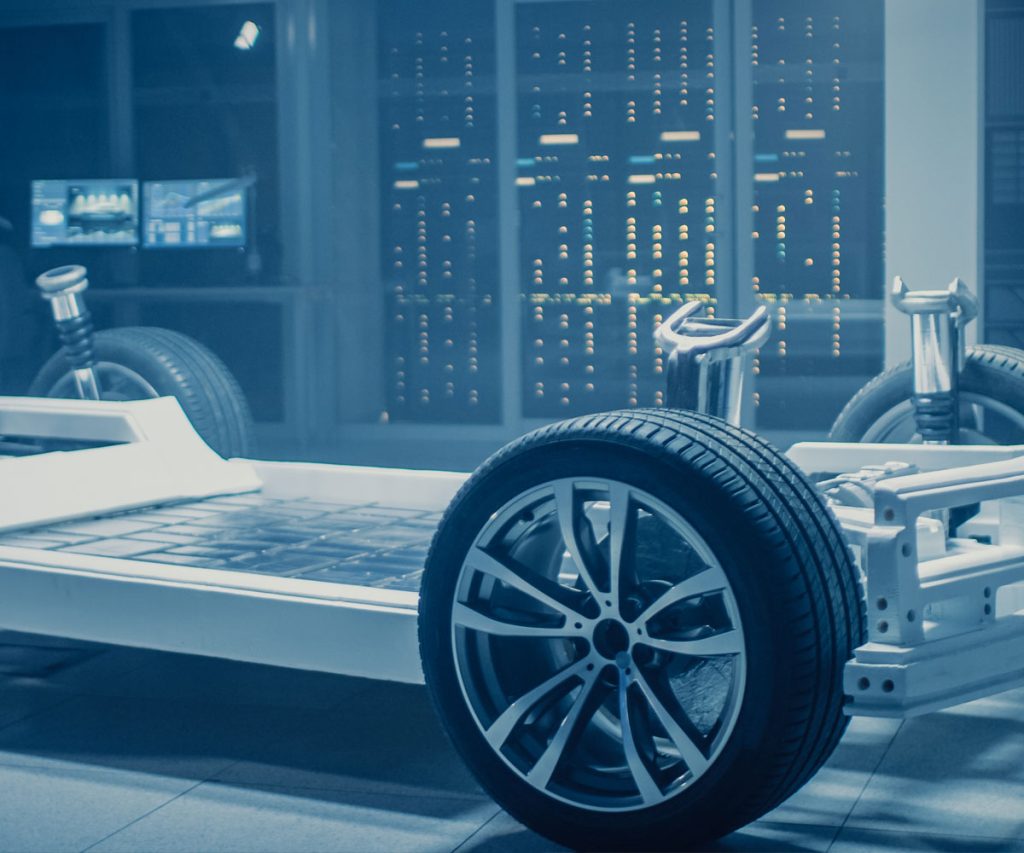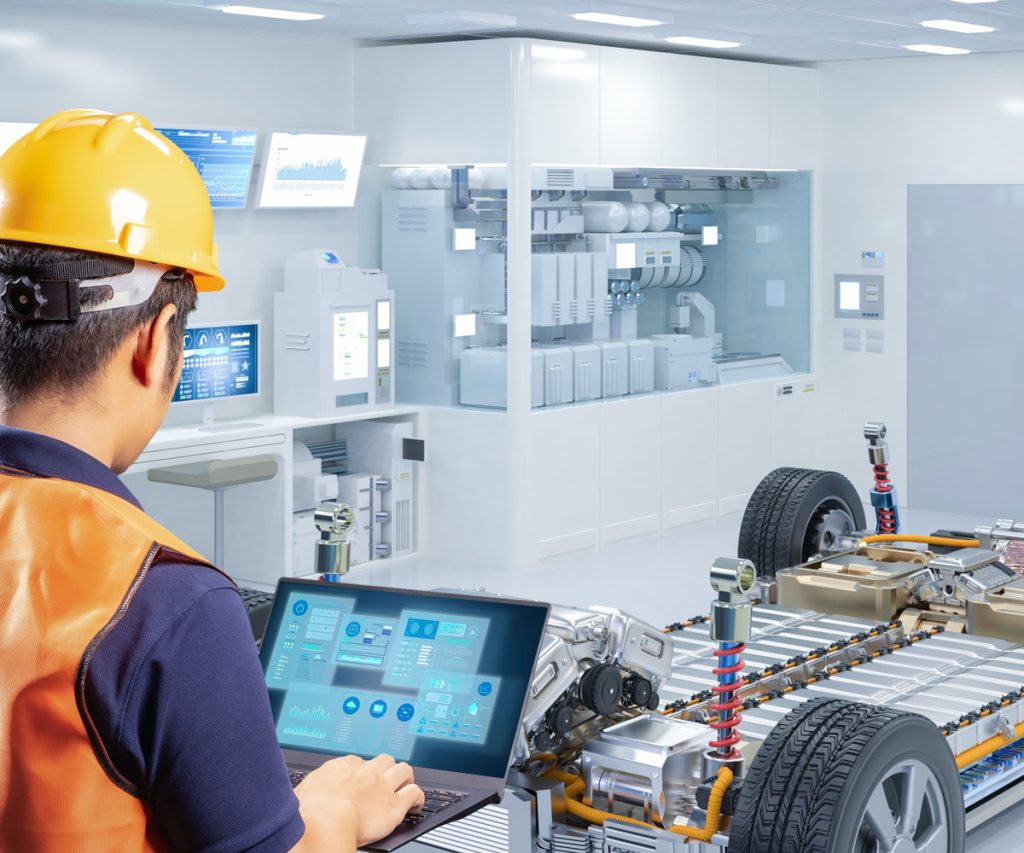Mechanical Testing Services
At IAS (International Automotive Services), we specialize in comprehensive mechanical testing services for vehicles, tractors, and automotive components. Our commitment to quality and safety ensures that your products meet the highest standards set by both the ECE (Economic Commission for Europe) and the EU (European Union) regulations.


Our Services Include
We are providing a wide range of services to the customers,
- Rigorous testing of vehicle structures, including chassis, body, and frame components.
- Compliance with ECE and EU safety requirements to ensure robustness and crashworthiness.
- Thorough evaluation of individual automotive components such as engines, suspensions, brakes, and steering systems.
- Adherence to ECE and EU standards for reliability, durability, and performance.
- Validation of safety features, including airbags, seat belts, and child restraint systems.
- Conformance to ECE and EU regulations for occupant protection.
- Assessment of components and vehicles under extreme conditions (temperature, humidity, vibration, etc.).
- Alignment with ECE and EU environmental guidelines.
- Precise measurement of noise levels and vibration characteristics.
- Examination of materials used in automotive manufacturing (metals, plastics, composites).
- Verification against ECE and EU material standards.
Questions? You’re Covered
Why Choose IAS?
- Expertise: Our team of experienced engineers and technicians ensures accurate and reliable testing results.
- Regulatory Compliance: We strictly follow ECE and EU regulations, providing you with confidence in your product’s performance.
- State-of-the-Art Facilities: Our advanced testing laboratories are equipped to handle a wide range of mechanical tests.
- Timely Reports: Receive detailed test reports promptly to support your certification process.
Contact us today to discuss your mechanical testing needs and experience the IAS difference!
Mechanical tests in the automotive industry aim to evaluate the mechanical properties, durability, and performance of vehicle components and systems. These tests are conducted to ensure the safety, reliability, and performance of vehicles. Common automotive mechanical tests include tensile testing, compression testing, impact testing, fatigue testing, and vibration testing.
Mechanical tests are crucial in the automotive industry to ensure the safety and reliability of vehicle components and systems. These tests determine how vehicles perform under challenging driving conditions and help prevent potential failures. Mechanical tests help manufacturers and suppliers verify that their products meet industry standards and regulatory requirements.
Mechanical tests are used at various stages of the product development process in the automotive industry. In the initial stage, tests are conducted on prototypes to evaluate the suitability of materials and components. During the production stage, tests are applied for quality control of mass-produced components. In the final stage, tests are conducted on fully assembled vehicles to verify the safety and durability of the final product.
Mechanical tests make significant contributions to the automotive product development process. These tests help engineers understand the mechanical properties of materials and components, allowing them to optimize designs for better performance and safety. Mechanical tests ensure the selection of appropriate materials and the production of safe and durable components. Additionally, mechanical tests verify that products comply with industry standards and regulatory requirements, enhancing product quality and safety.

